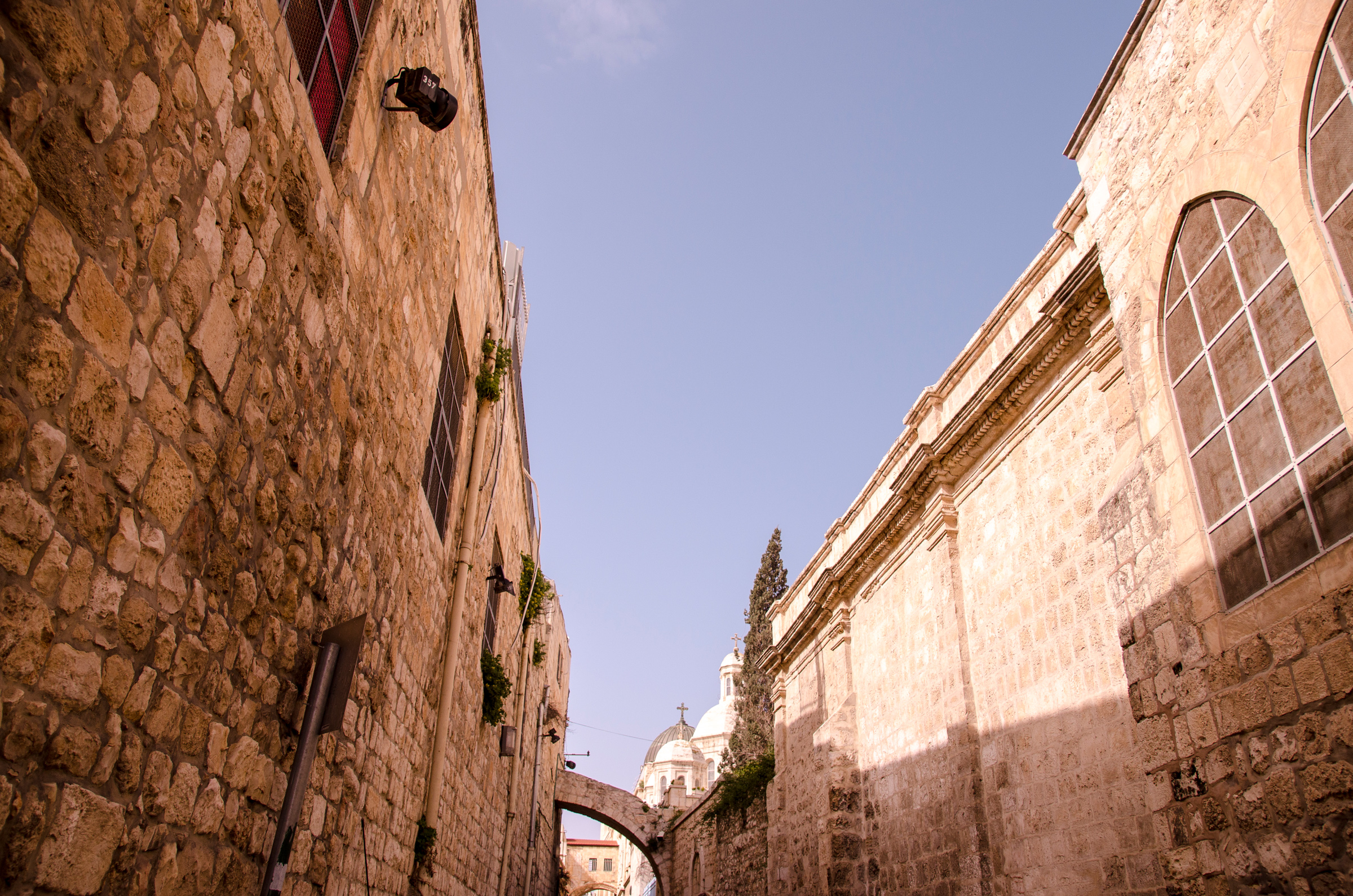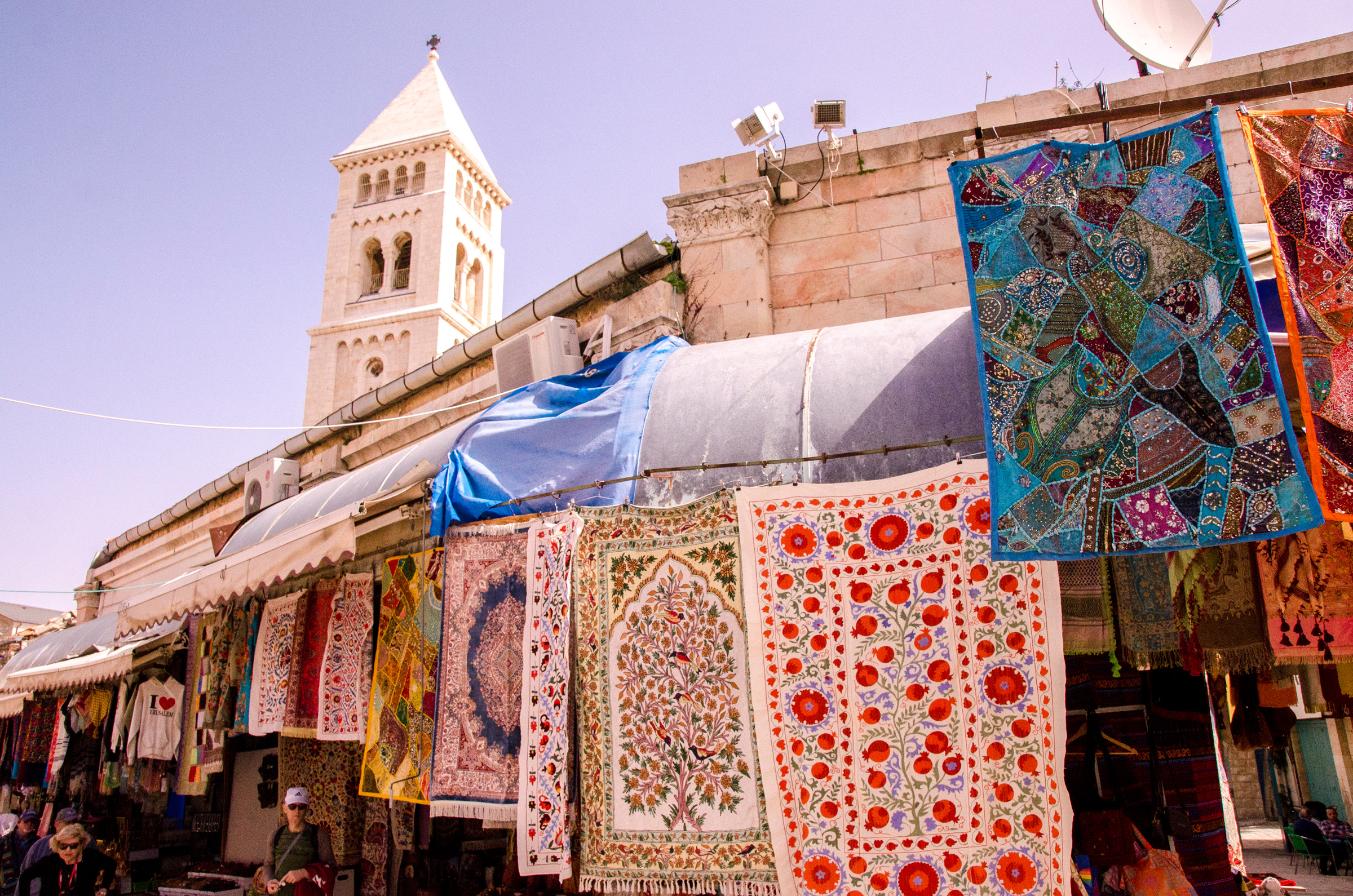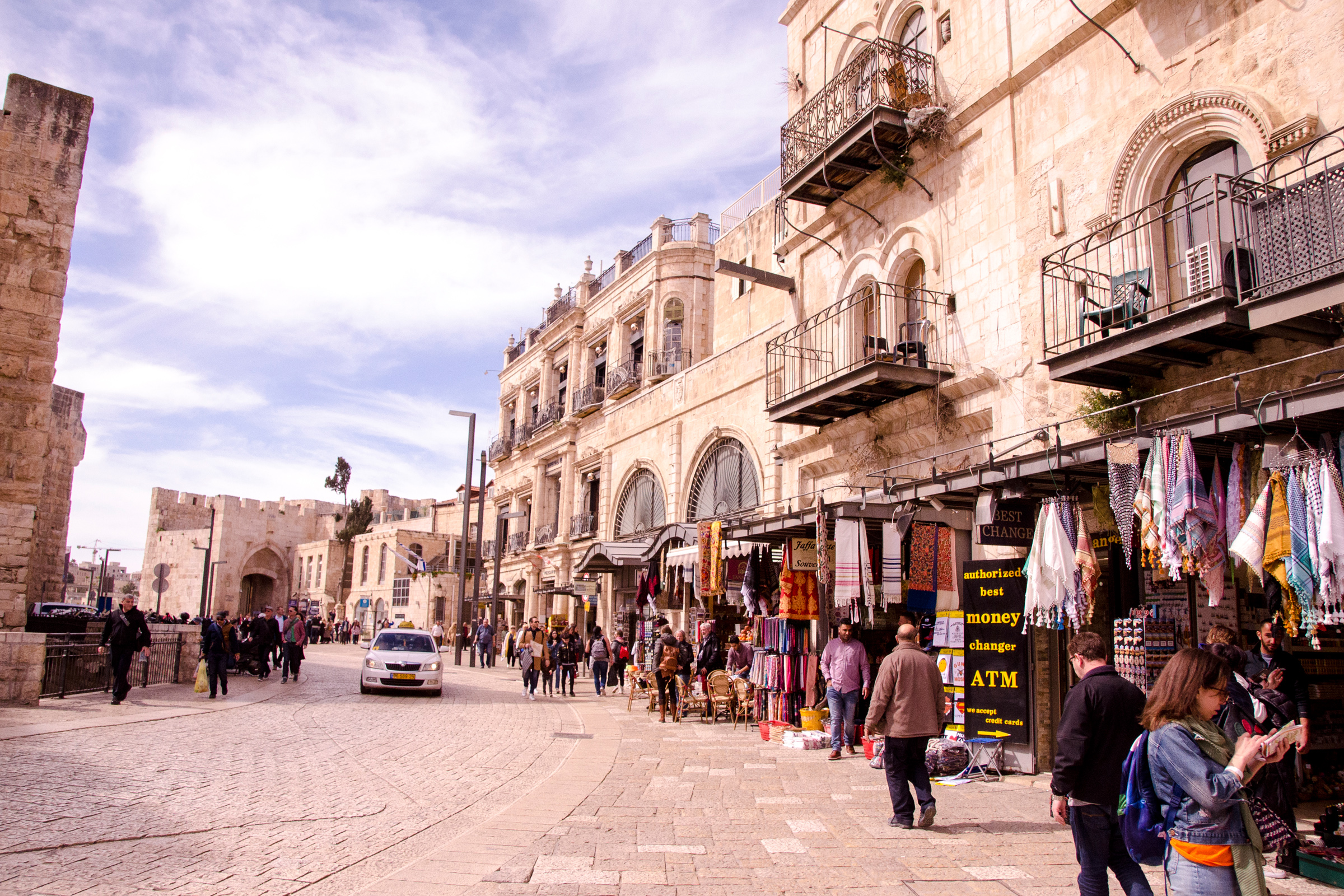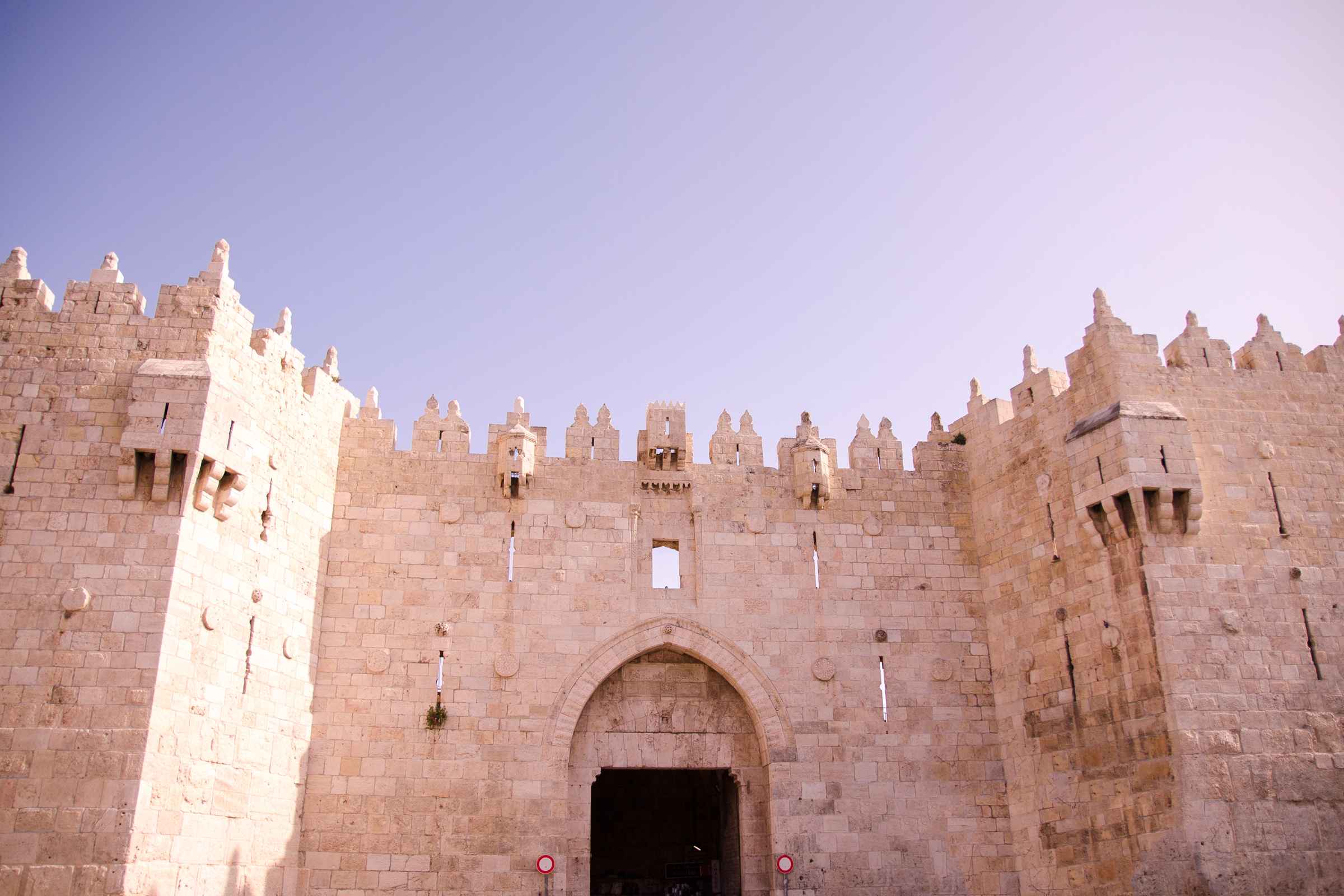of math, millennials, and the mission field
/My sister Hannah is a mathematician.
She’s the only mathematician I’ve ever actually known personally. You just don’t meet that many people who go to grad school to learn things like real analysis and partial differential equations with the hope of spending their careers doing research in the area of “pure math” - and I’m still not fully sure what that means. Even less often do you hear someone exclaim, while writing proofs in what appears to be another language, “It’s so beautiful!” (Hannah has said things like this on multiple occasions.)
Far more common? “I hate math.” “I can’t calculate the tip - I’m terrible at math.” “Why don’t we stop teaching kids all this stupid algebra and just teach them useful things, like how to do their taxes?”
Every now and then, you meet a one-in-a-million, like my sister. Someone who has found the beauty and the wonder that others may never appreciate, due to their deeply-held baggage of fear, confusion, inadequacy, or ignorance. Sadly, they grew up learning mathematics as a series of formulas to memorize and complicated steps to master, but no one ever taught them the logic of it; they never got the opportunity to problem-solve, to think critically, to ask why.
So they struggled through twelfth grade, or maybe as far as the undergraduate requisites, and then said goodbye to math forever. After all, we’ve got calculators for that.
The same thing has happened to the Christian church in America.
People are mystified at the numbers of the millennial generation who are leaving their Christian faith upbringing behind. Many of them, like me, were raised in Sunday school and AWANA, active within their youth groups, and never missed church. They went on mission trips and had records of great spiritual transformation. They loved Jesus. And now they’re gone.
And it’s for the same reason so many people hate the beautiful thing that is mathematics: because all they ever learned was the rules. They learned how to look, act, and speak like a Christian. They learned the Ten Commandments and all the other Biblical rules that their church considered important. They learned verses and stories and could sing the books of the Bible in order; they learned the formula for a salvation prayer (“Jesus, please come into my heart”), and how to categorize people into the ones doing it “right” and the ones doing it “wrong.” They learned how they should vote and how they should dress and who they should associate with. They learned the black and the white.
But no one ever taught them the logic of it.
No one gave them the chance to problem-solve, to think critically, or to ask why.
No one led them past the rules and into the relationship that their hearts were crying out for - beyond the formula and into the beauty of Christ and His love.
And no one gave them permission to consider that maybe it’s not all black-and-white, after all. Maybe some things are gray.
Why wouldn’t they bolt as soon as someone offered them the freedom to think outside the box, to be loved for who they are rather than what they do, or to ask the questions they’ve been dying to ask all their lives?
It’s not a mystery. They know the Bible, they know the Gospel, and they know exactly why they’re no longer part of the Christian church. If we’re listening, so do we.
And I hope we’re listening, because to steal my sister’s words - it’s so beautiful. What God has done, the story He is writing, is so beautiful. The love He has offered is so beautiful. The desire of His heart to draw His created image-bearers back into relationship with Him, and to give them an inheritance as His own sons and daughters, is simply breathtaking. What a heartbreak to imagine that many will reject that truth because of deeply-held baggage like fear, confusion, inadequacy, and ignorance.
But we can’t share this beauty and freedom with others until it’s a reality for ourselves. Just as we’re the product of an education system that taught math as something you’re either “good at” or “bad at,” so many of us are the product of a church culture that has diminished Christianity into a list of rights and wrongs. Hannah has put in years of hard work and persistence to find and celebrate the beauty in mathematics; likewise, this issue can’t be solved by making churches more “relevant” - it has to be solved the hard way, which is by example.
The mission field of America, in many ways, starts inside of us. Even if we have never walked away from what we know to be true, most of us still have some callouses from clinging to the rules at the expense of the relationship. And our friends and peers who have abandoned their practice of faith very likely know just as much Bible and Christianese as we do - so they know how to spot a fake. They won’t be fooled by a religious show.
Only when we ourselves rediscover the beauty of the Savior, the genuine delight of walking in relationship with Him, and the blessing of counter-cultural unity with the His body can we possibly hope to recapture the young hearts in this nation. And truthfully? Some of the hearts that most need recapturing are our own.











